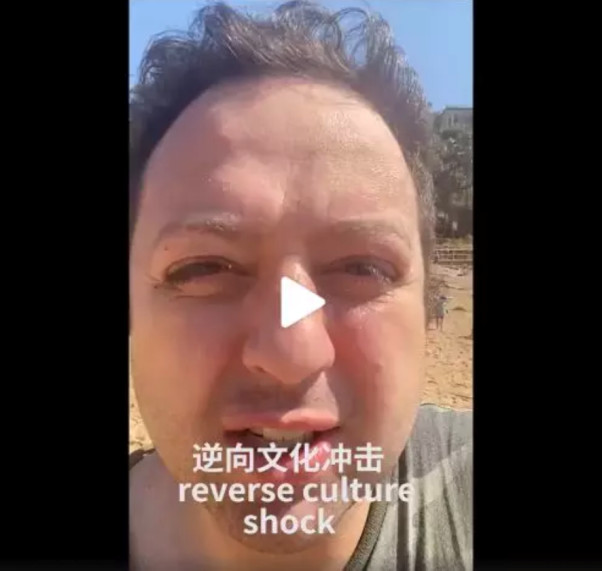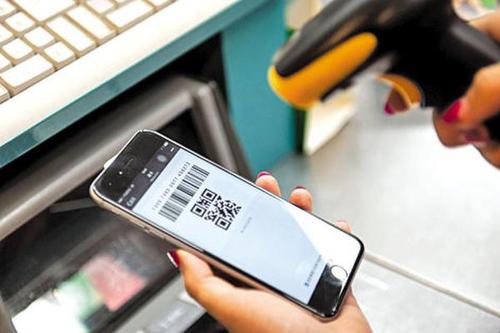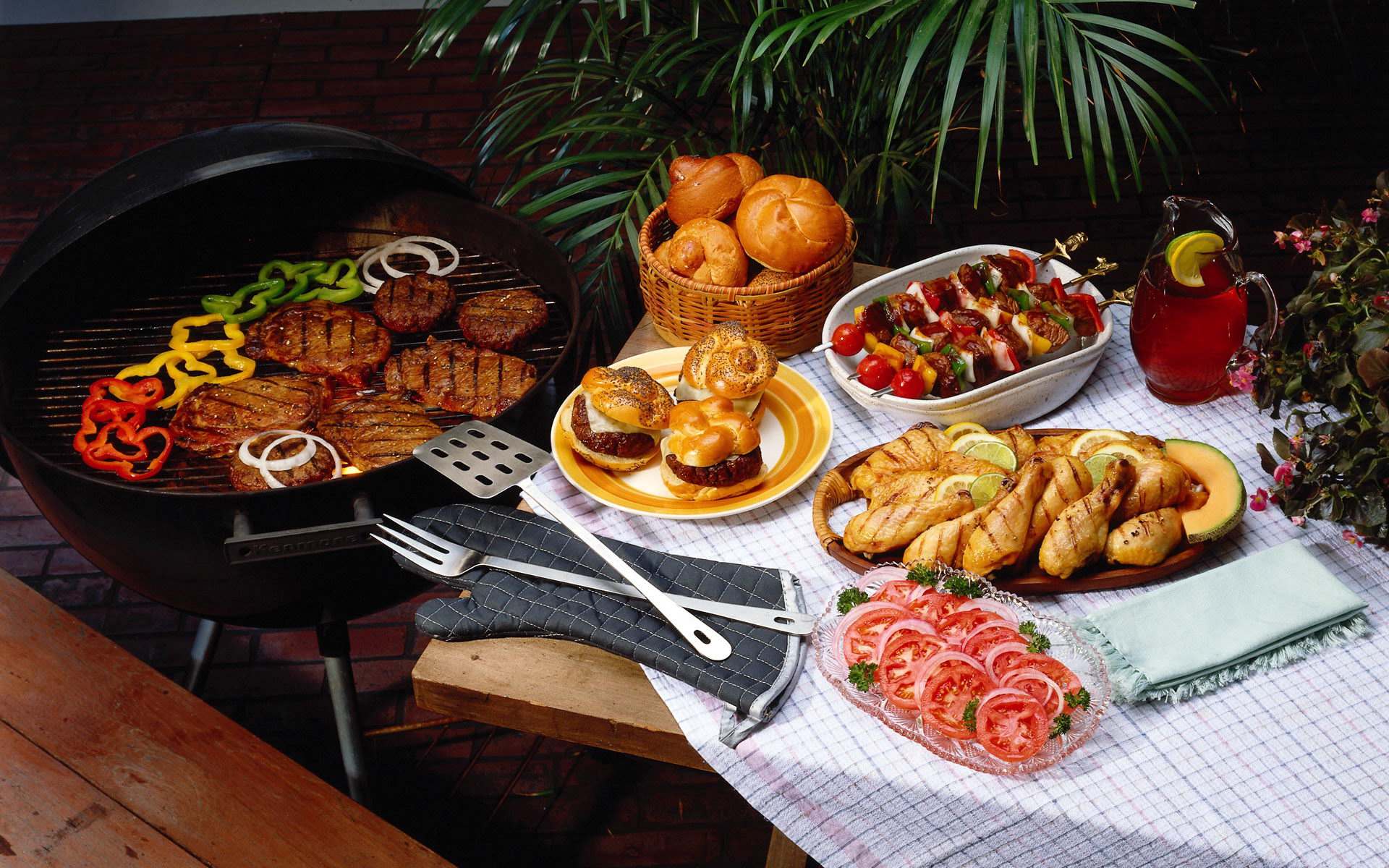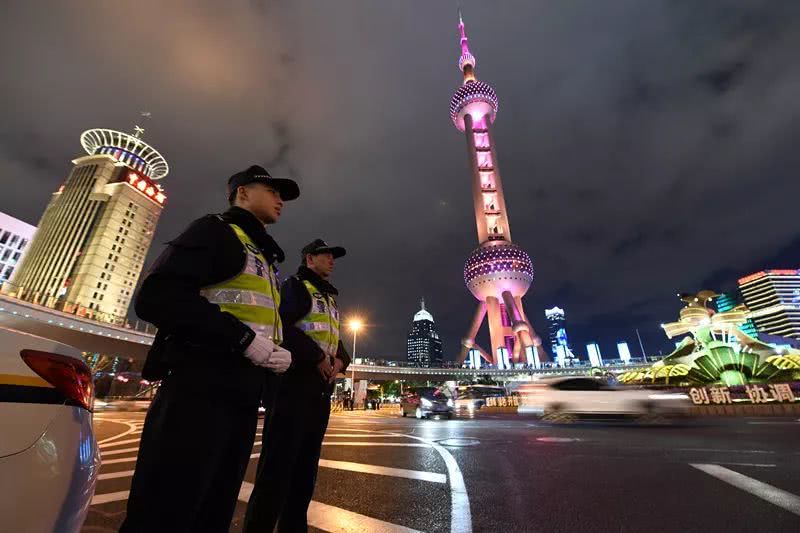Recently, a video about an Australian man’s reflection on reverse culture shock went viral on Douyin, a short-video app in China. His video has received more than two million likes so far. According to the man, whose ID reveals that he is called David, returning home after living in China can come with some reverse culture shock.

(A screenshot of David’s video)
In his video, which is shot on a beach in Australia, David said with a mix of English and Mandarin, “I’m very used to the Chinese lifestyle. I came to Australia, it's very…不方便.” Making comparisons between life in Australia and China, he used the Chinese word for “inconvenient” to describe living in Australia, “especially after you’ve spent so much time in China”.
As he said, he has been used to using shared bikes and the subway in China, if he doesn’t want to drive his car; but back in Australia, that is not so convenient, and Uber is expensive!
“I love both places, both countries are my home. I love my country, Australia is a beautiful place but so is China. And I really miss China,” said David. As his social media reveals, David has lived in China for over ten years, and now he is an English teacher in Inner Mongolia.

(People are used to paying by phone in China.)
Reverse culture shock refers to the emotional and psychological distress suffered by people when they return home after a number of years overseas.
Having lived in Shanghai since 2002, Phillip, who is a musician, photographer and artist, goes back to his hometown once or twice every year. Now he is used to his life in China. After he returns to the U.S, he finds it difficult to adjust to using cash or credit cardbecause he has got used to the methods of payment in China. “I don't use cash in China anymore. Pay everything by phone, both WeChat and Alipay.”
The traffic condition, in the U.S., is another thing that he has to re-adjust to. “American drivers seem extremely tense in traffic. They have no patience. If you pause for a few seconds, they push you in a stressful way, blowing the car horn, or making demanding gestures. This happens in a few seconds. Or if you are uncertain where you are, and need to think for a minute this could cause someone to lose their mind, and kill you. It feels threatening, in a way that you can fear for your life.”

(A traffic jam in the U.S.)
On the contrary, he finds traffic in China to be totally different. “On the point of patience, Chinese drivers on the whole are very patient. They are very reckless in many ways, but people seem to adjust to that and do not react. They just go with the flow of it, stopping and moving out of the way of impolite drivers,” said Phillip, who has had a Chinese driving license since 2005, and drives every day.

(Michael Hurwitz’s article online)
Michael Hurwitz, an American man who has spent six years in Shanghai, has written about his “reverse culture shock moments” after returning to his hometown. He found that “there are a million articles out there on the culture shock Westerners experience in China”, but he also observed that “the reverse culture shock you experience upon returning to the West is just as profound, if not more so.” For example, food. “Chinese food in China is pretty different from American Chinese food as well.” However, as Michael’s article said, “it’s not only the food itself, it’s the way you eat it.” Living in China for so many years, Michael is so used to ordering a bunch of dishes and then sharing them with everyone that he instinctively forked some pasta off of his sister’s plate at a restaurant and she thought he’d totally lost his mind.”
About food, Nicolle, who has been living in Shanghai for a couple of years with her family, also has something to say. After returning to her home country, the U.S., she felt it was a bit overwhelming that “there is so much abundance in America....tons of products line, the huge grocery stores everywhere, and restaurant portions are huge.” She also found how many Americans are overweight or obese. “It’s surprising,” said Nicolle.

(For Nicolle, restaurant portions in the U.S. are bigger than in China.)
Besides, back in the U.S, there’s an undercurrent feeling of violence. Nicolle is from a safe area in Tennessee, but she is still agitated, “One never knows who might have a gun and an evil disposition.”
What’s more, Nicolle has been used to the fast pace of Shanghai. “Nothing really changes back home. Shanghai is constantly growing and expanding and building and improving, yet things (and most of the people) remain the same at home.”

(Security personnel on the Bund)
